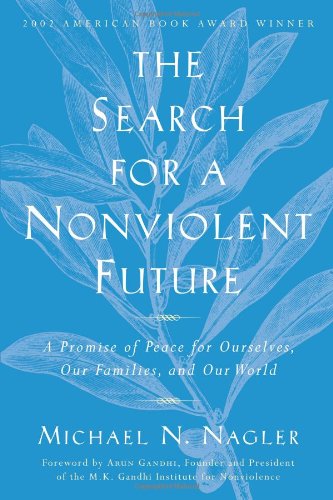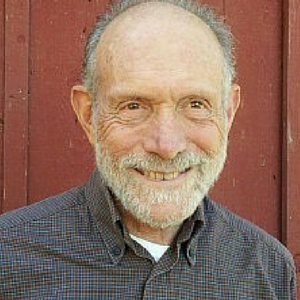“There is considerable force in the warning given by the Prophet against his disciples copying his fasting over and above the semi-fasts of Ramzan. ‘My Maker sends me food enough when I fast, not so to you,’ said the Prophet.” ~ Gandhi, Gandhi’s Health Guide (Freedom, CA: Crossing Press, 2000), 177-8
If you put together the rules for a successful fast (not counting penitential fasts or ones undertaken solely for health reasons) from the various places where Gandhi discusses them, the first to be mentioned is often that you must be the right person for the job. A serious fast, especially one undertaken with no end in view if need be until the death of the body, can only be done by one with complete mastery of her or his desires and even the will to live. Otherwise it slips from the path of persuasion, where it is the “ultimate weapon” of the satyagrahi, to an act of coercion, where it is likely to alienate the person toward whom it is directed and ultimately backfire.
Thanks for sharing a comment below.
About Daily Metta
 Stephanie Van Hook, the Metta Center’s executive director, launched Daily Metta in 2015 as a way to share Gandhi’s spiritual wisdom and experiments with nonviolence.
Stephanie Van Hook, the Metta Center’s executive director, launched Daily Metta in 2015 as a way to share Gandhi’s spiritual wisdom and experiments with nonviolence.
Our 2016 Daily Metta continues with Gandhi on weekdays. On weekends, we share videos that complement Michael Nagler’s award-winning book, The Search for a Nonviolent Future: A Promise of Peace for Ourselves, Our Families, and Our World. To help readers engage with the book more deeply, the Metta Center offers a free PDF study guide.
Enjoy more Daily Metta: See the archives
Get Daily Metta by email: Subscribe









Thanks, Michael. This is helpful. I have long sensed the coercive element, and its inappropriateness, of many public fasts. Pace e bene. Lorin